|
On Friday, August 30th in Austin, Texas at the Capital City Black Film Festival, The Last Defense screened all Julius Jones episodes of the series along with a Q&A after the show featuring panelists Vanessa Potkin, Aida Leisenring, Amani Martin, Andrew Wang, Jimmy Lawson and Amanda Bass. Courtney Robinson, the founder and executive director of The Excellence in Advancement Foundation, moderated the discussion.
Along with the panelists, members of Julius Jones’ family were also in attendance in the audience (seen above.) Before the panel began, they played audio from Julius sending his gratitude and also reading of a poem. 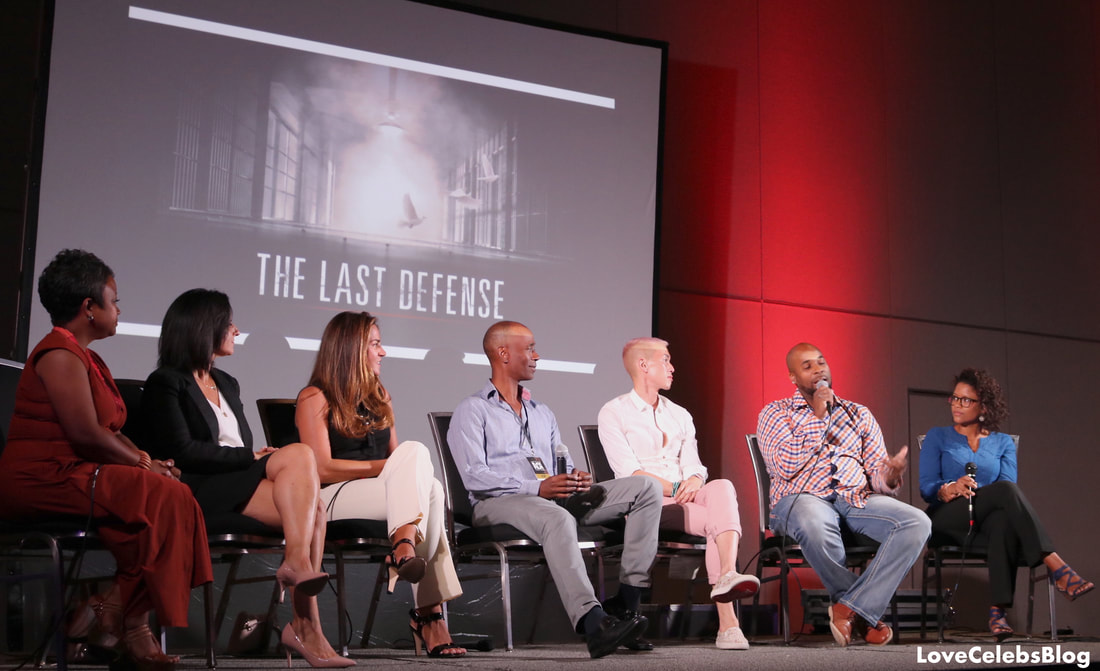 Courtney Robinson, Vanessa Potkin, Aida Leisenring, Amani Martin, Andrew Wang, Jimmy Lawson and Amanda Bass Courtney Robinson, Vanessa Potkin, Aida Leisenring, Amani Martin, Andrew Wang, Jimmy Lawson and Amanda Bass
Here are some highlights from the panel:
Jimmy Lawson said Julius is getting 75 to 100 letters a day which is giving him a hope and a different mindset and outlook since the show has aired.
A hearing has been set for September 7th regarding testing of the red bandana. Courtney began the panel by asking Vanessa and Aida what inspired them to create The Last Defense. Vanessa said that there was a study in The National Institute of Justice that came out in 2014 said that stated that 4.1% of people on death row are actually innocent - that significantly a large number of people on death row today are innocent but that the system doesn’t always get it right and that there’s always another side of the story. Courtney then asked Head of Television for Juvee Productions, Andrew Wang, what Juvee’s approach to this particular project and what moved them about this production. Wang answered that Viola (Davis) and Julius (Tennon) wanted to be a voice for the voiceless and they wanted to allow the people on death row to share their voice to humanize their situation.
Amani Martin said that his approach to filming this story was being inspired from musical documentaries on Netflix because their narratives are told by audio tapes and images because a lot of those subjects have passed away, so the story is told in images and in Julius’ case, even though they were hopeful in the beginning that they would be able to film Juilus, they knew that they could tell his story even though ended up not being able to film him physically, they could tell his story in the same way those aforementioned documentaries were told.
When asked about her experience with death penalty cases, Amanda Bass answered, “I worked for a year at a small non-profit in Montgomery, Alabama doing capital post-conviction work… What we do, when we get a case in a federal Habeas proceeding, is to aggressively investigate, number one. Often times, federal courts review is limited to the record that prior council made in state courts — and so, we’re relying on what that record looks like but we’re also trying to take apart a case and contact witnesses anew and see if there’s any information that might shed light on the reliability of a person’s guilt or of the propriety of a death sentence. we put that into a federal habeas petition and we hope that the court will grant a request for an evidentiary hearing for fact development so we can further bolster our claims that this person was sentenced or convicted in violation of their federal constitutional rights. Review is quite limited because of a statute called, ‘The Antiterrorism and Effective Death Penalty Act,’ which makes it really, really hard for people sentenced to death to get federal court to take seriously and look at the merits of their claims so we hope that a court on appeal will take those claims seriously but again, the hurdles are profound and relief is really, really limited, by the time a death penalty case gets to us.”
Bass also spoke about the petitions filed, and denied, all the way up to the Supreme Court — She revealed that, after several more denials, a week after the last episode aired, they recalled their mandate and decided to reconsider the case.
Lawson said that if he were in Julius’ shoes, he would want someone to advocate for him, stating, “I if were him and he were me, I would want someone to be a voice for me if I were in his predicament, so I told Amani, ‘I’m going to do what I'm going to do, whatever you want me to do, let’s do it.’” When asked, ‘What can the audience do?’ Jimmy says, you can flood the mailboxes and emails of the Governor and court of appeals in the state of Oklahoma, ‘because the more they hear about it the more something has to happen.’ Jimmy says he is trying to pack the courthouse for the September 7th hearing to bring as much exposure as possible. You can find out more information at JusticeForJulius.com The entire panel audio is available below:
1 Comment
|
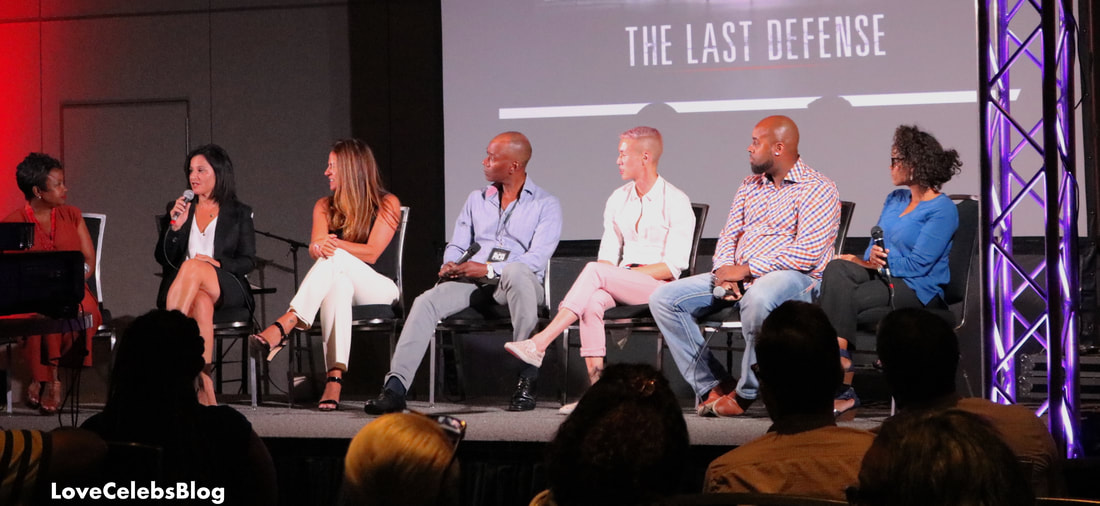
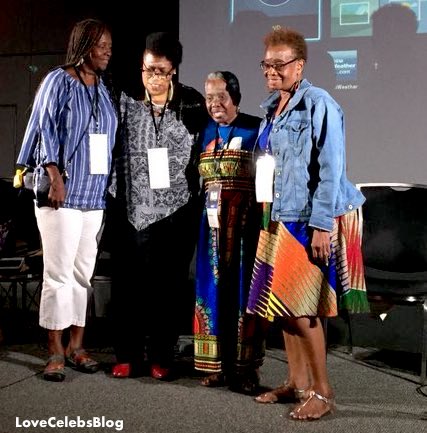
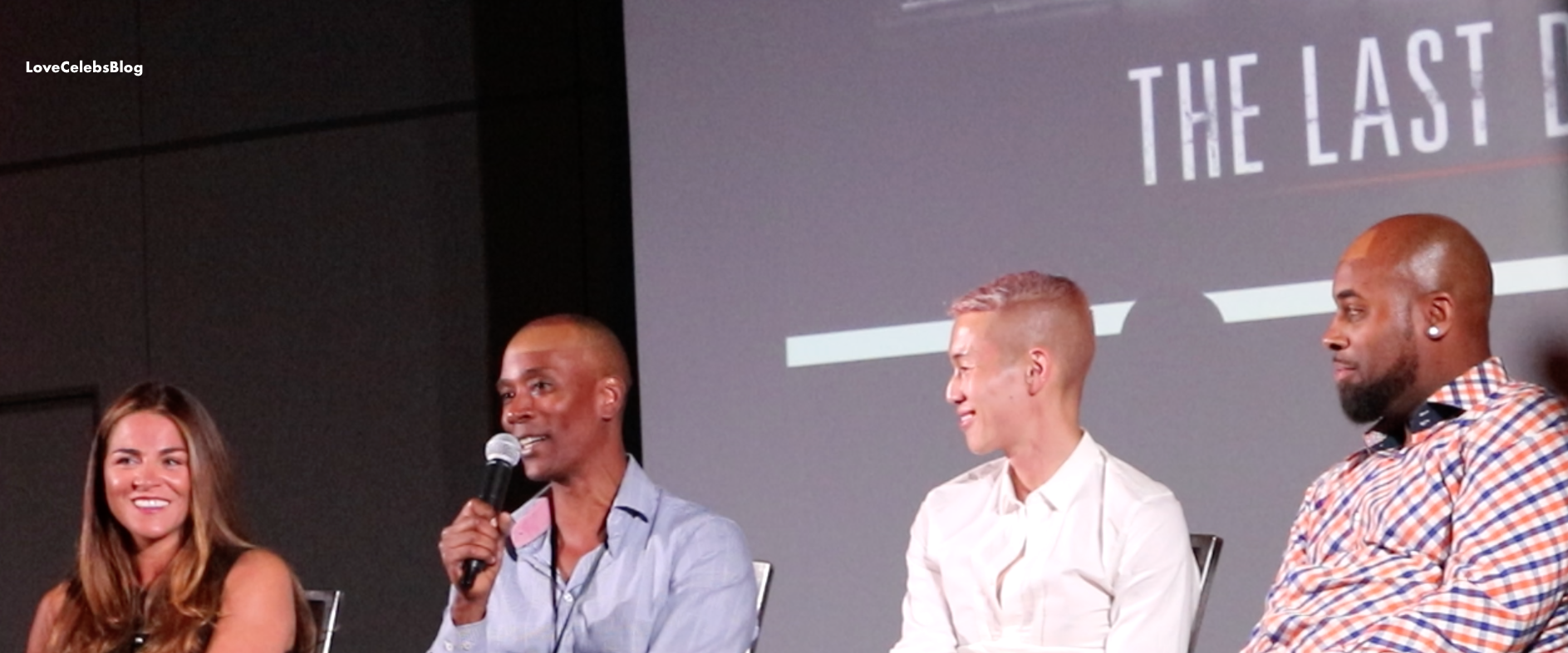
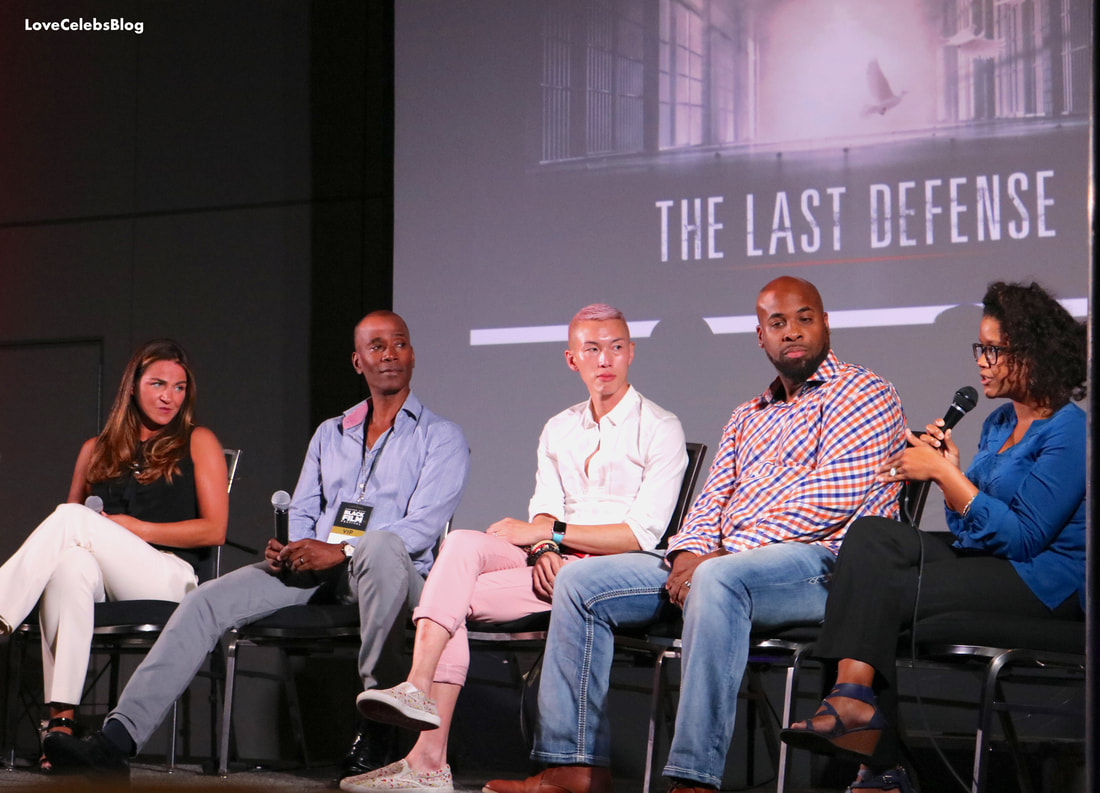
 RSS Feed
RSS Feed